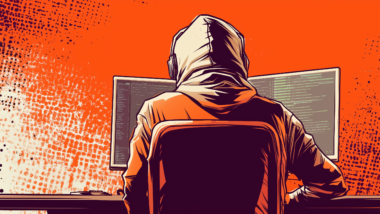Wieder mal gibt es ein langes Interview mit Richard Stallman von der Free Software Foundation, diesmal auf Kerneltrap.org. In diesem wird er zum Unterschied zwischen den Philosophien der Freien Software und der Open Source Bewegung befragt, wie zu GNU/Linux, GNU/Hurd und Freier Software im Allgemeinen. Aus dem üblichen Rahmen fallen die letzten Fragen und Antworten zu DRM und der Zukunft von digitalen Medien:
Q: Is there any other current event that you’d like to address?
Richard Stallman: The FCC last year decided to require digital restrictions management in all receivers of digital TV. And not only that, to require that they be made not modifiable by the user. I think they have not yet decided whether this device is software controlled. If they make it software controlled then for the first time there will be a government policy explicitly banning free software for a job that millions of people are going to want to
do.Q: Are you optimistic about this?
Richard Stallman: I don’t know. I am a pessimist by nature. Many people can only keep on fighting when they expect to win. I’m not like that, I always expect to lose. I fight anyway, and sometimes I win.
I’m not the main leader in this particular battle. The Electronic Frontier Foundation is fighting. Public Knowledge is fighting. People need to get involved politically. At this point people should go to the EFF website and the Public Knowledge website, and continue doing so over the coming weeks to see how they can get involved in this coming campaign. It’s going to take a lot of people spending probably at least twenty minutes. If you care enough about your freedom to spend twenty minutes on it, if you can tear yourself away from whatever little job it is you’re doing this week, and next week, and so on. Spend a little time fighting for your freedom, and we can win.




0 Ergänzungen
Dieser Artikel ist älter als ein Jahr, daher sind die Ergänzungen geschlossen.